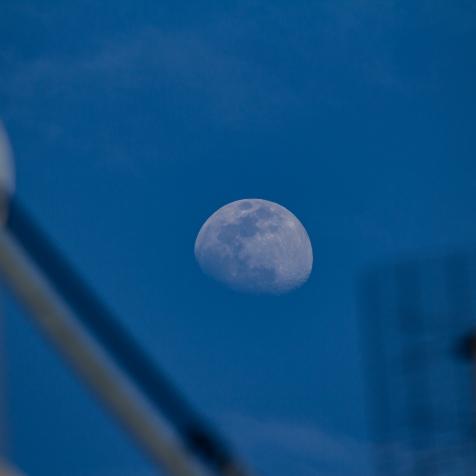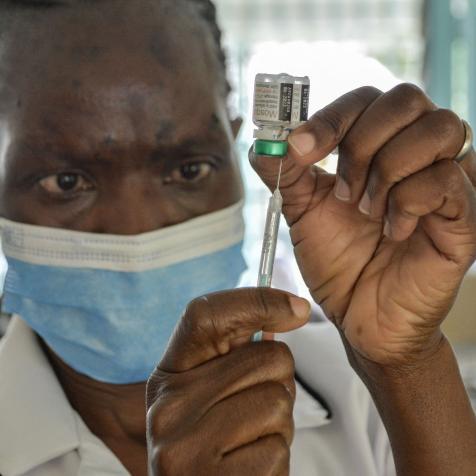
For the Love of Pluto
As we celebrate the 90th anniversary of Pluto’s discovery, we are forced to examine and reflect on the planetary status of the formerly recognized 9th planet in our solar system. #TeamPluto premieres Tuesday, February 18th at 11pm ET/PT on Discovery and Discovery GO.
Tuesday, February 18, 1930. A young American astronomer by the name of Clyde Tombaugh is hard at work at the Lowell Observatory in Flagstaff Arizona. He is searching for a trans-Neptunian planet formerly known as Planet X — a celestial object predicted by Percival Lowell and William Pickering.
Using a blink comparator, Mr. Tombaugh compares images that were taken the month prior by a 13-inch astrograph. Sure enough, a moving object is observed in these images, near the section of space predicted by Lowell. They determined that this celestial object could be nothing other than the ninth planet in our solar system, Pluto.
Fast forward to the year 2006. The International Astronomical Union (IAU) redefined the term “planet”, creating three conditions for an object in our Solar System to be considered a planet.
- The object must be in orbit around the Sun.
- The object must be massive enough to be rounded by its own gravity. More specifically, its own gravity should pull it into a shape defined by hydrostatic equilibrium.
- It must have cleared the neighborhood around its orbit.
The third condition officially removed Pluto as the 9th planet in our Solar System, reclassifying the icy celestial object as a “dwarf planet”. This reclassification was met with a great deal of opposition. Not only do people have an emotional attachment to Pluto, but many in the astronomical field refused to accept the vote as scientific law. Critics of the definition contest that science is not merely done by a vote, and that even if it were, less than five percent of astronomers actually voted for this resolution — showing that the definition is not representative of the entire astronomical community.
So, what circumstances led to Pluto’s abrupt reclassification? Why was the criteria for a planet suddenly changed? And could the continued outcry from thousands around the world help reinstate Pluto’s planetary status nearly a century after its discovery?
#TeamPluto is a new Discovery Channel special that seeks to answer these questions and more, as it follows YouTube star and television host Nick Uhas alongside a team of esteemed astronomers, scientists and historians on the quest to understand this fierce fascination with Pluto’s planetary standing. Weighing both the scientific and social importance of this small but mighty force, #TeamPluto deep dives into Pluto’s strange history, from its discovery 90 years ago to the subsequent years of controversy that would besiege this little planet that could.
People will be able to make their voice heard and cast a vote if they think Pluto is a planet. Audiences can visit the official poll on Discovery’s Facebook page and express what they think in the comments.
#TeamPluto premieres Tuesday, February 18th at 11pm ET/PT on Discovery and Discovery Go.
Viewers can also catch the mini-documentary when it premieres Saturday, February 22nd at 11pm ET/PT on Science Channel and Science Go.


















